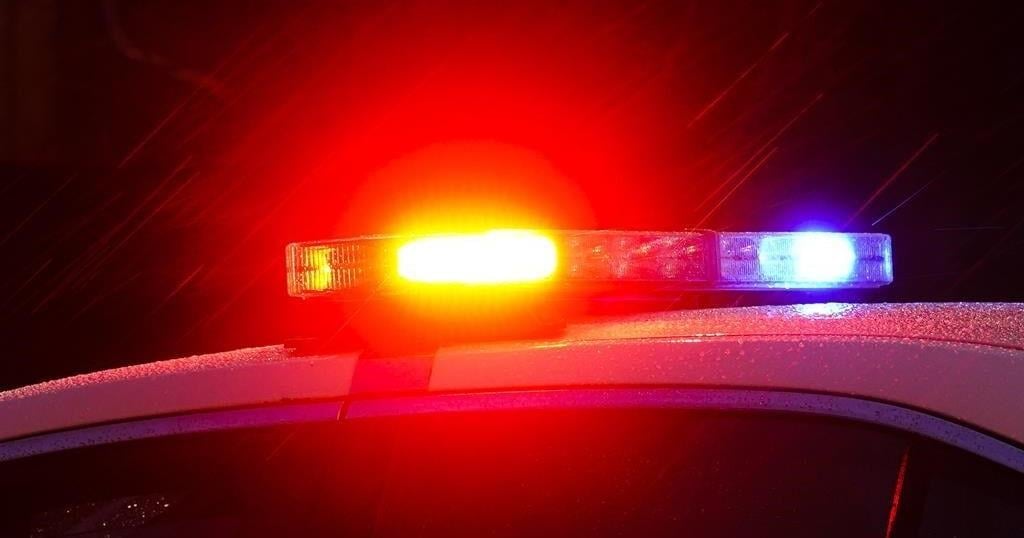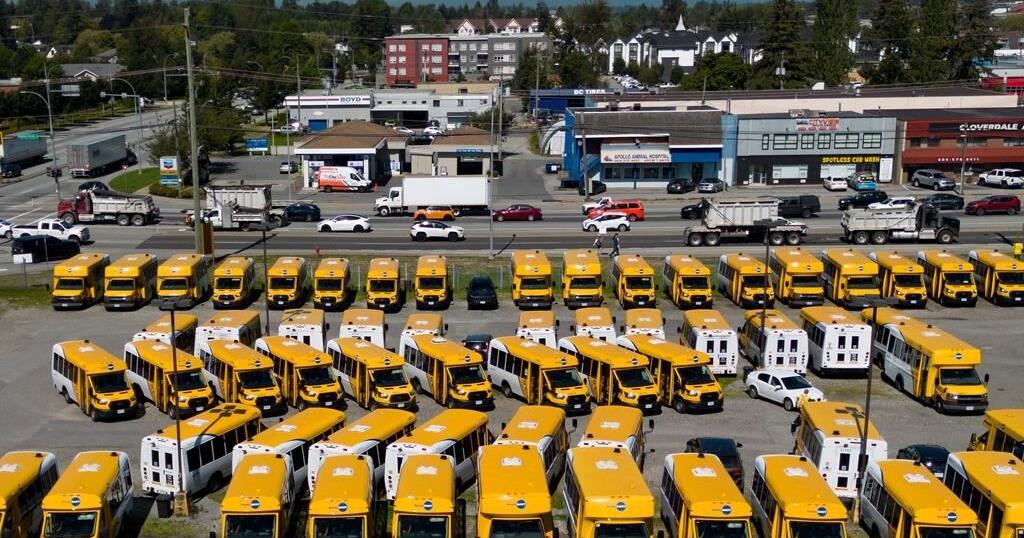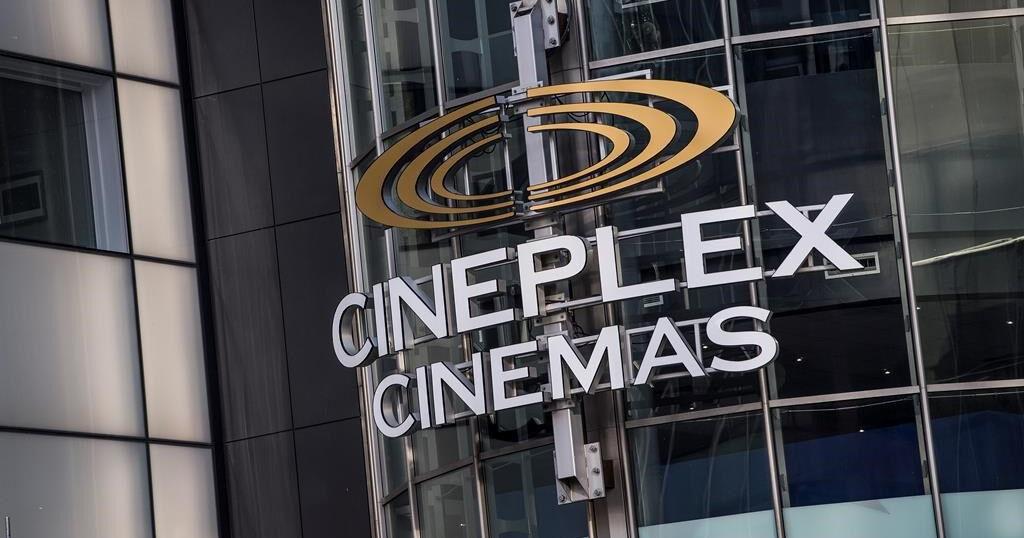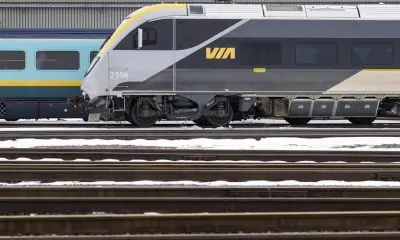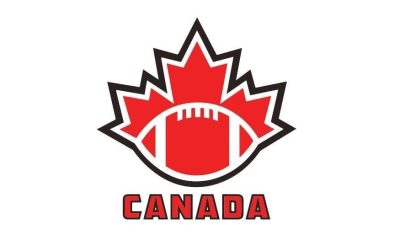WASHINGTON (AP) — American drivers might universally wince or brace themselves at the sight and sound of flashing red and blue lights and blaring sirens, but all drivers have constitutional rights when pulled over on the road.
The question of one’s responsibility to comply with all instructions given by a law enforcement officer recently came up following a pregame traffic stop this month involving Miami Dolphins wide receiver Tyreek Hill.
Although Hill has acknowledged he could have handled the interaction with Miami-Dade police better, the video of him being pulled out of his car, placed on the ground and handcuffed revived a national conversation about the realities of “driving while Black.” Studies show Black motorists are more likely to face the threat or use of force by police in traffic stops, like Hill did, and many Black families give a version of “the talk” to loved ones about how to interact with police officers.
“The immediate short-term goal is to get out of the encounter without being arrested, and the way to do that, again, is to communicate not just with compliance, but obedience and respect, even if you don’t think that that’s deserved,” said Georgetown University law professor Paul Butler.
Black people are disproportionately stopped, data shows
Studies show people of color are often disproportionately targeted for traffic stops in the U.S., said Jenn Rolnick Borchetta, the American Civil Liberties Union’s deputy director on policing.
“They search them more often, even as the rate at which they find evidence of some wrong is lower for Black and Latino people than white people,” she said.
In 2022, Black people accounted for nearly 13% of traffic stops in California, even though they were only 5% of the state’s population. Minneapolis, a predominantly white city, found in 2020 that Black drivers accounted for nearly 80% of police searches and routine traffic stops.
Being combative with traffic officers can invite unwanted scrutiny
Miami lawyer E.J. Hubbs said he believes both Hill and the police officers in the now-viral video of the arrest had faults in their interactions.
Body camera footage showed the officer asking Hill to roll down his window and Hill complying, Hubbs said. Hill then told the officer “to give me my ticket,” after handing him his identification, which Hubbs said was also fair.
Where things escalated was when Hill decided to roll his window back up, as the officer’s body camera footage shows.
“When Mr. Hill refused to roll down his window, that was not complying with one of his commands,” Hubbs said. “And when he was asked to exit the car, he didn’t comply with that command, at least immediately.”
Lawrence Hunter, a former Waterbury, Connecticut, police captain and law enforcement coach, added that Hill appeared confrontational when asking Miami-Dade County officers not to knock on his window.
“From that point, because of the combative nature that Tyreek Hill exposed, the officer then asked him to get out of the car,” Hunter said. “That’s an officer safety thing. He already feels that this is uncooperative. … So therefore, it is best to just get him out of the car.”
Hunter added that Hill’s refusal to keep his window down could be considered a matter of officer safety.
Drivers have rights against self-incrimination and vehicle searches
During a traffic stop, drivers have constitutional rights against incriminating themselves or permitting the search of their car.
The right to remain silent is the most widely known right, Borchetta said. Drivers also have the Fourth Amendment right to be free from unreasonable searches and seizure, and have the right to ask traffic officers questions.
“You don’t have to tell the police where you’re coming from or where you’re going,” Borchetta said. “If they ask to search you or your car, you can say no. And if you’re not sure whether they’re asking or telling, you can ask them that question. And they have to tell you honestly.”
Passengers can also ask if they can leave the scene of the traffic stop.
Police can ask drivers to step out of their vehicles
Once a driver has been pulled over, police will likely run the plates of the vehicle through a database to check whether the car has been stolen or see if any other actionable information comes up, said Hunter, the former police captain.
The officer may also take a long, hard look at the vehicle for visible contraband, weapons or drugs, he said.
The officer does have the right to ask drivers and passengers to get out of the car and can use reasonable force to make sure that happens. Officers can also pull drivers over even if they haven’t committed an infraction, as long as there’s reasonable suspicion to think the person has, according to Butler, the Georgetown University professor. This policing practice is known as a pretextual stop.
Law enforcement can sometimes take advantage of civilians’ lack of knowledge of the law, Butler added. In that case, it’s best to comply and communicate with officers, and complain later.
Drivers can also record the conversation if they feel like the interaction with the officer has been unnecessarily escalated. But they should be sure to let the officer know that they are being recorded. Asking for and writing down the officer’s badge number, time and location of the interaction is also permitted.




